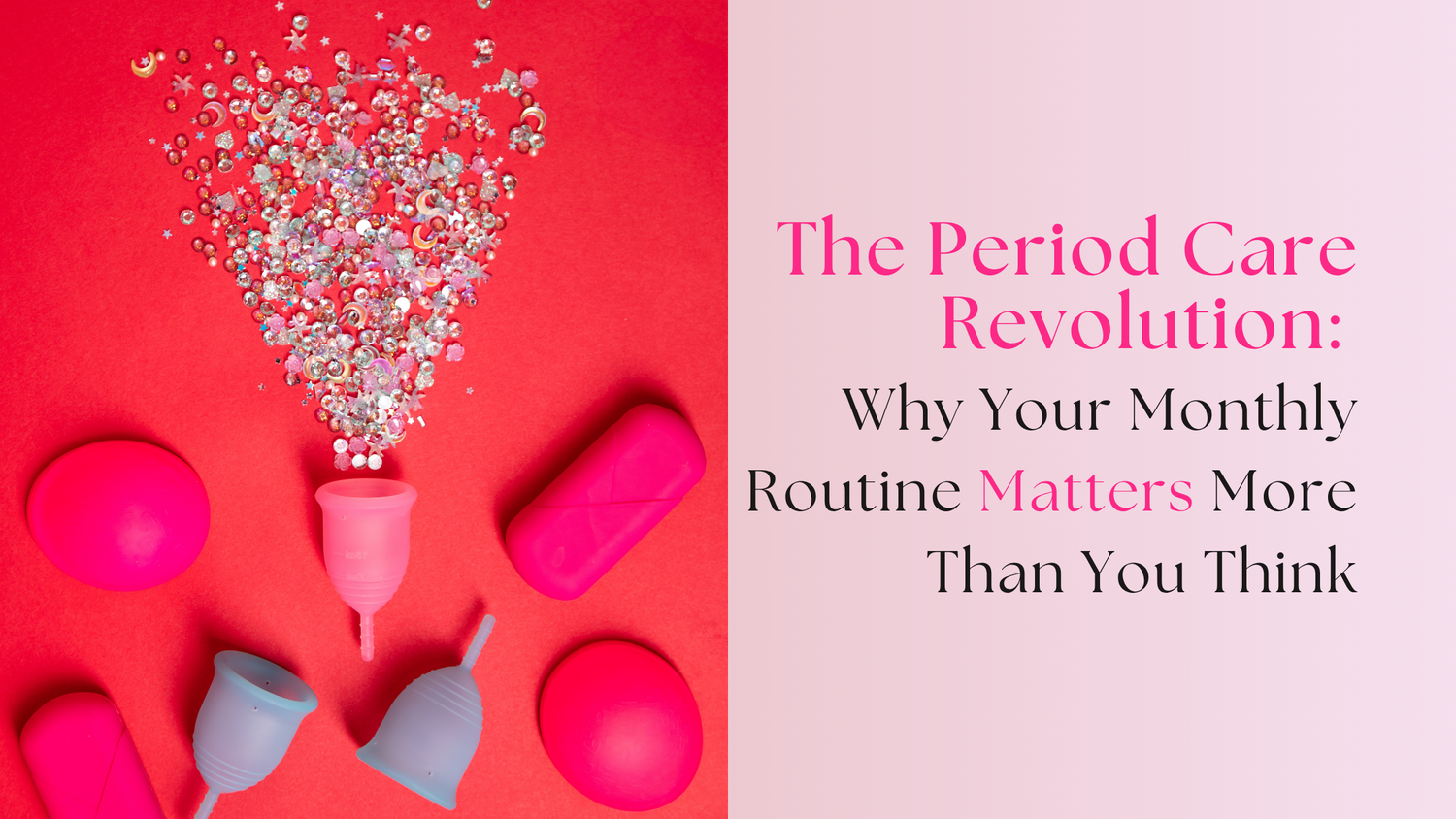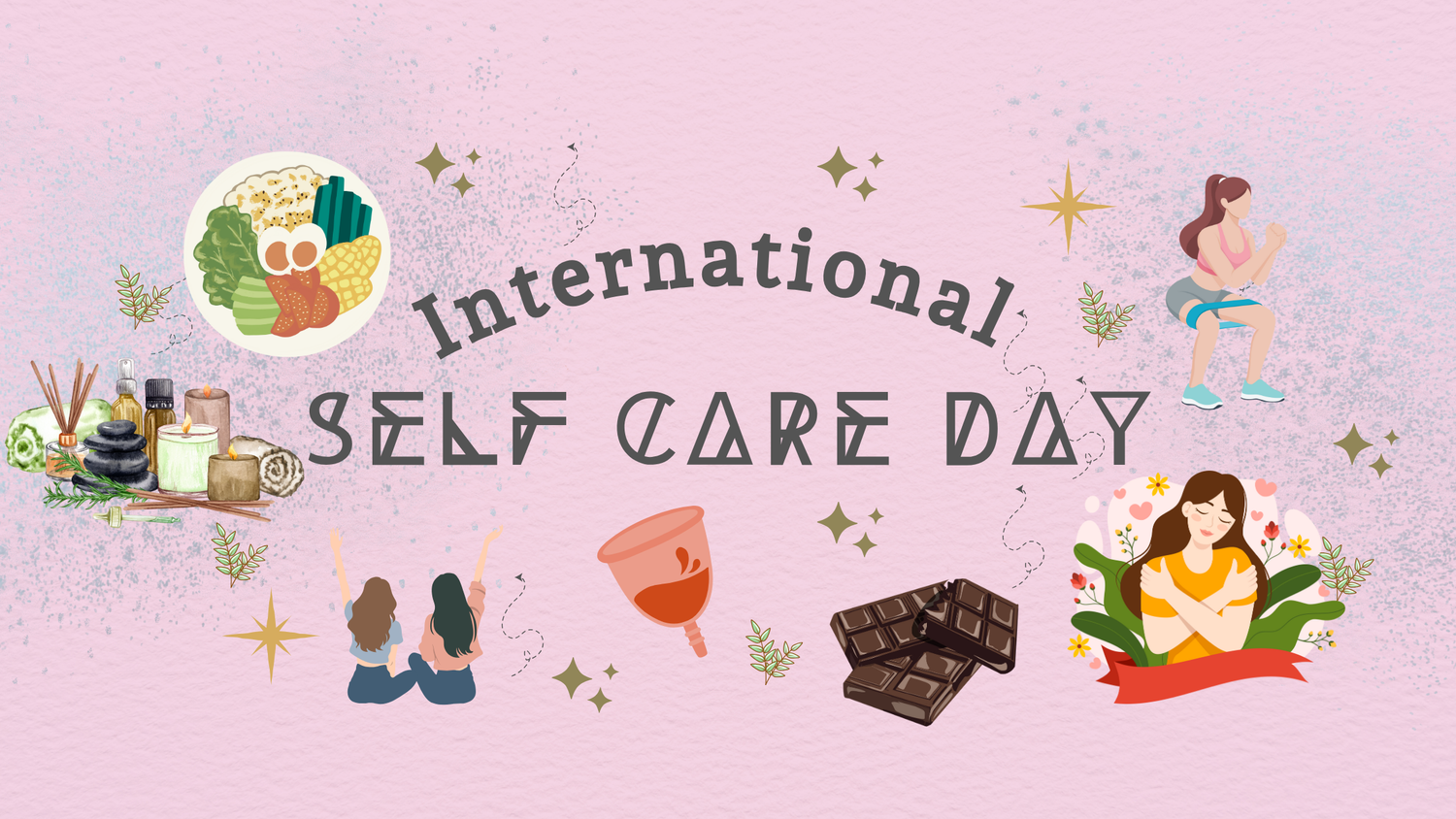Navigating Hormonal Harmony: Unveiling the Interplay of Eating Patterns and Health
The connection between our eating patterns and hormones is an intricate aspect of our health often overlooked. Hormonal imbalances can lead to various health issues, including diabetes, insulin resistance, and thyroid dysfunction. 
Eating Patterns and Hormones: The Research Perspective
1. Impact of Specific Foods
Each individual's nutritional needs vary, and it's crucial to respect these differences without demonising any food. However, certain foods can trigger hormonal imbalances through food sensitivities, intolerances, or allergies. Studies have linked gluten intolerance with Hashimoto's thyroiditis and Type 1 diabetes, with celiac disease being notably prevalent among people with diabetes. Similarly, gluten sensitivity is believed to cause thyroid flare-ups due to its molecular similarity to thyroid tissue.
2. Overproduction of Gastrin
When we eat, gastrin is produced to aid digestion. An excessive amount of gastrin can lead to an overproduction of stomach acid, causing reflux or diarrhea. The quantity of food consumed directly influences gastrin levels.
3. Effects of Underconsumption and Fasting
While fasting may be beneficial in some contexts, consistent underconsumption or fasting significantly impacts hormone levels. A notable increase in cortisol levels, the stress hormone, has been observed during extended fasting periods. However, fasting can also improve blood sugar and insulin levels.
Six Hormones Impacted by Eating Patterns
- Cortisol
Cortisol is released in response to stress. Eating patterns, particularly those involving fasting or underconsumption, can significantly affect cortisol levels.
- Estrogen
Estrogen, the primary female sex hormone, is sensitive to changes in diet and body weight. Disruptions in eating patterns can lead to imbalances in estrogen levels.
- Ghrelin
Known as the hunger hormone, ghrelin levels are influenced by meal frequency and size. Irregular eating patterns can disrupt ghrelin’s normal function, impacting hunger cues.
- Insulin
Insulin regulates blood glucose levels. Diets high in sugar and refined carbs can lead to insulin resistance, a precursor to diabetes.
- Leptin
Leptin signals satiety. Overeating, especially foods high in sugar and fat, can lead to leptin resistance, making it harder to feel full.
- Thyroid Hormones
Thyroid hormones, which regulate metabolism, can be affected by certain diets. For instance, very low-carbohydrate diets may impact thyroid function.
Implementing Healthy Hormone Habits
-
Prioritise Sleep Quality
Aim for 7-9 hours of quality sleep per night to maintain hormonal balance, particularly for hormones like cortisol and leptin.
-
Stress Reduction Techniques
Engage in activities that reduce stress, such as walking, meditating, or watching a comedy. Lowering stress can positively affect cortisol levels.
-
Time in Nature
Spending time outdoors has been shown to decrease cortisol levels and improve overall mood.
-
Maintaining Healthy Relationships
Strong social support is crucial for overall well-being. Investing in healthy relationships can have a positive impact on your hormonal health.
Harmonizing Health: A Call to Action for Balanced Eating and Lifestyle Choices
The relationship between eating patterns and hormones is complex and multifaceted. Understanding this connection is crucial for managing and preventing hormonal imbalances. By focusing on balanced eating patterns, reducing stress, prioritizing sleep, and fostering healthy relationships, we can positively influence our hormonal health, leading to a more balanced and healthy life.





